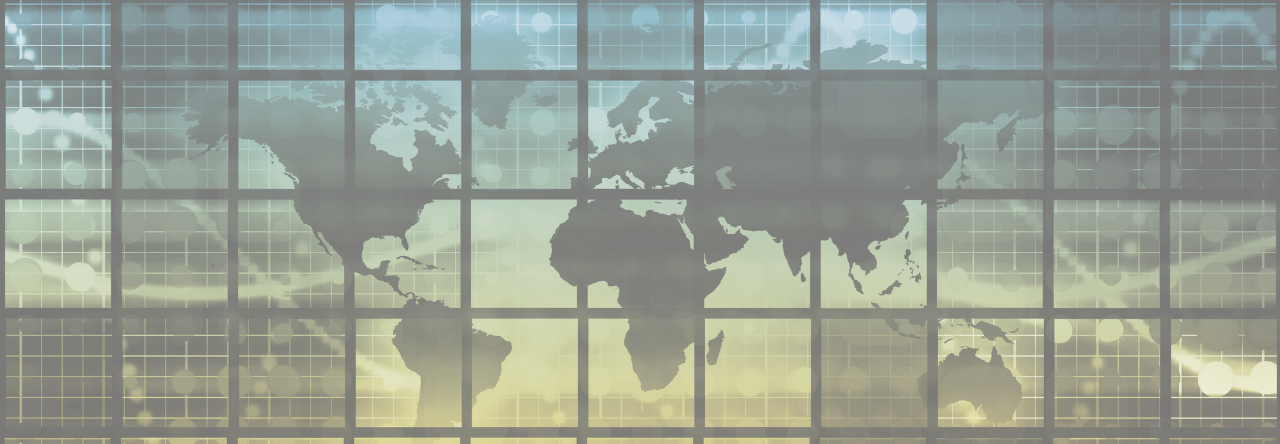This article is the English version of : Raymond Aron, « En marge des combats douteux », initially published in Politique étrangère in 1979, and again in Politique étrangère, Vol. 84, Issue 1, 2019, for the 40th anniversary of Ifri.

The French in 1954 and the Americans in 1973 withdrew from the three countries in the Indochina peninsula, now subject to parties that claim to follow the same ideology. And the wars continue, either between armies, or between an army and guerrilla forces. The withdrawal of the Western powers did not enable the people to decide on self-determination, on their desire for independence or their quarrels. Previously involved in the East-West conflict, here the Vietnamese, Cambodians, and Laotians are the subject of the rivalry between the two great Marxist-Leninist powers.





Vous devez être connecté pour poster un commentaire.